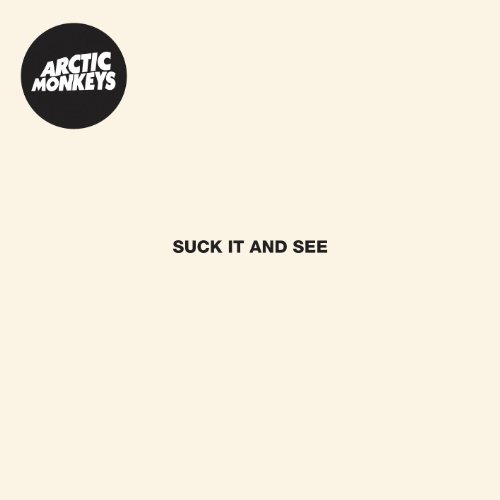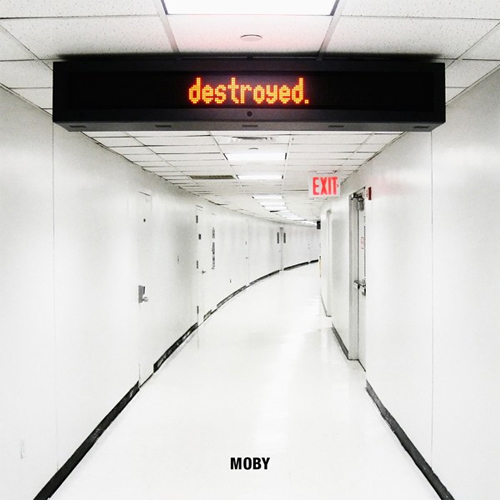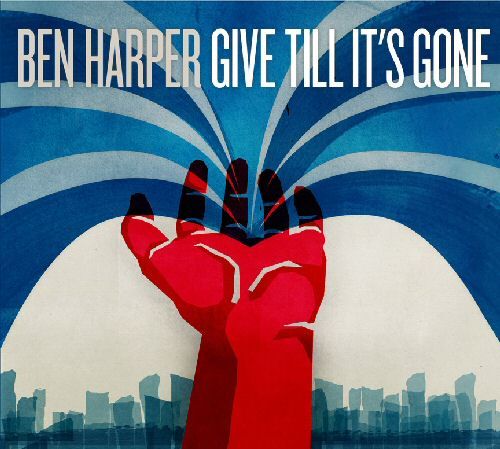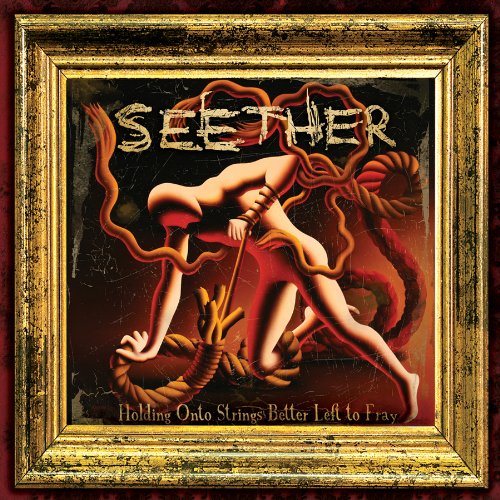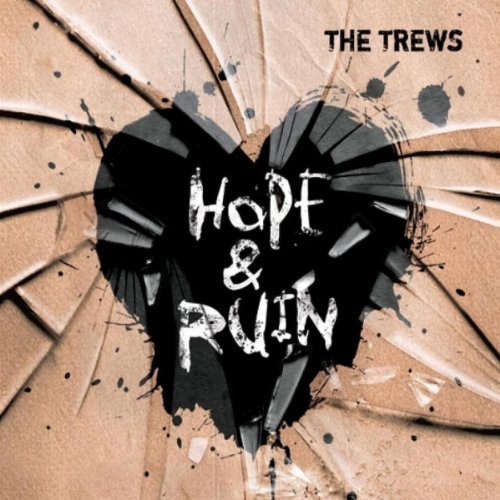Album: Shirts vs. Skins
Label: File Under: Music
Rating: 3.5/5
Graham Wright’s Shirts vs. Skins is power-pop at its most casual. Driven by an effortless, free-flowing vibe, Wright’s debut LP (In 2008, he released his first EP entitled The Lakes of Alberta) is a curiosity-piece reveling in simplistic bliss.
As is the case with most side projects (Wright is the keyboardist in Tokyo Police Club), the sound and style differ greatly from the indie rock aesthetics of TPC. Here, Wright embraces a quirkiness buoyed by (adolescent) self-reflective lyricism and folk-infused poppiness.
Bordering a very thin line between annoyance and intrigue, Shirts vs. Skins focuses on sweet, sugary ensconced mini-ballads that proudly embrace a dopey, yet endearing, sentimentality (No better exemplified than on “Keys to the Kingdom”).
“Heavens Just For Moviemakers” and “Soviet Race” are jovially eccentric tracks that rely heavily on catchy pop hooks that are shameless in their ability to superficially satisfy.
But superficiality has its limits, and though most of the tracks are light-hearted, honest and momentarily gratifying, its candy-coated structure tends to wear off quite quickly.
In the end, Shirts vs. Skins is ultimately undone by a lack of meaningful substance. Though it is grounded by a sincere innocence, it’s nonetheless an album that is undermined by sophomoric pop expressions of the heart.



